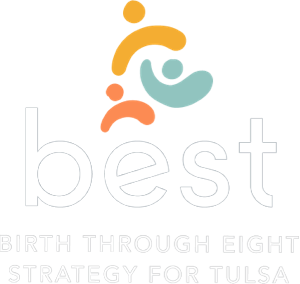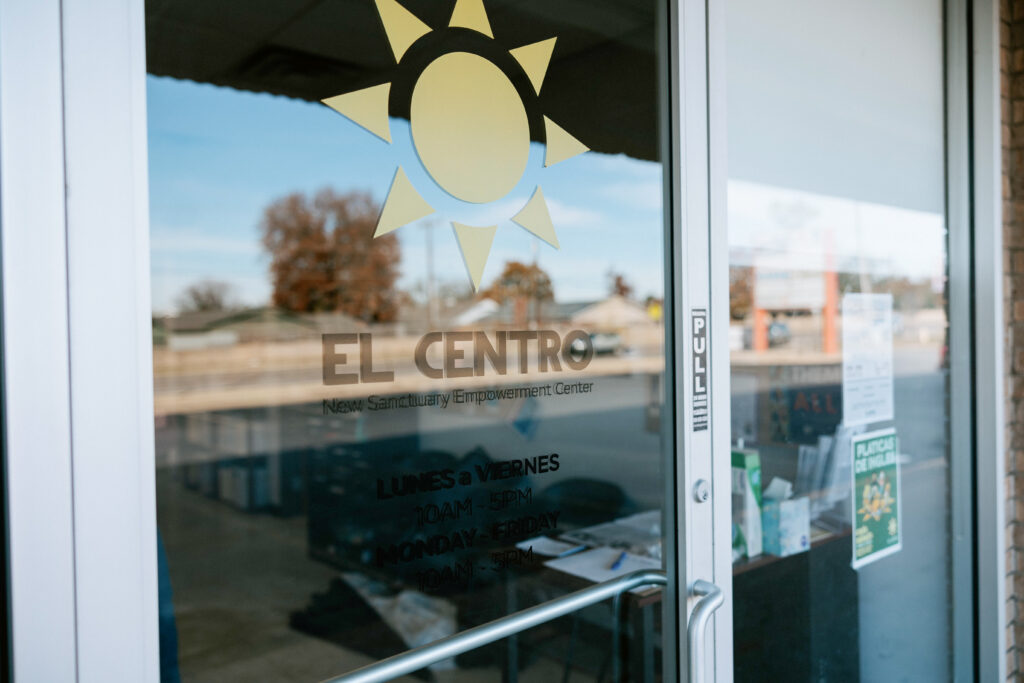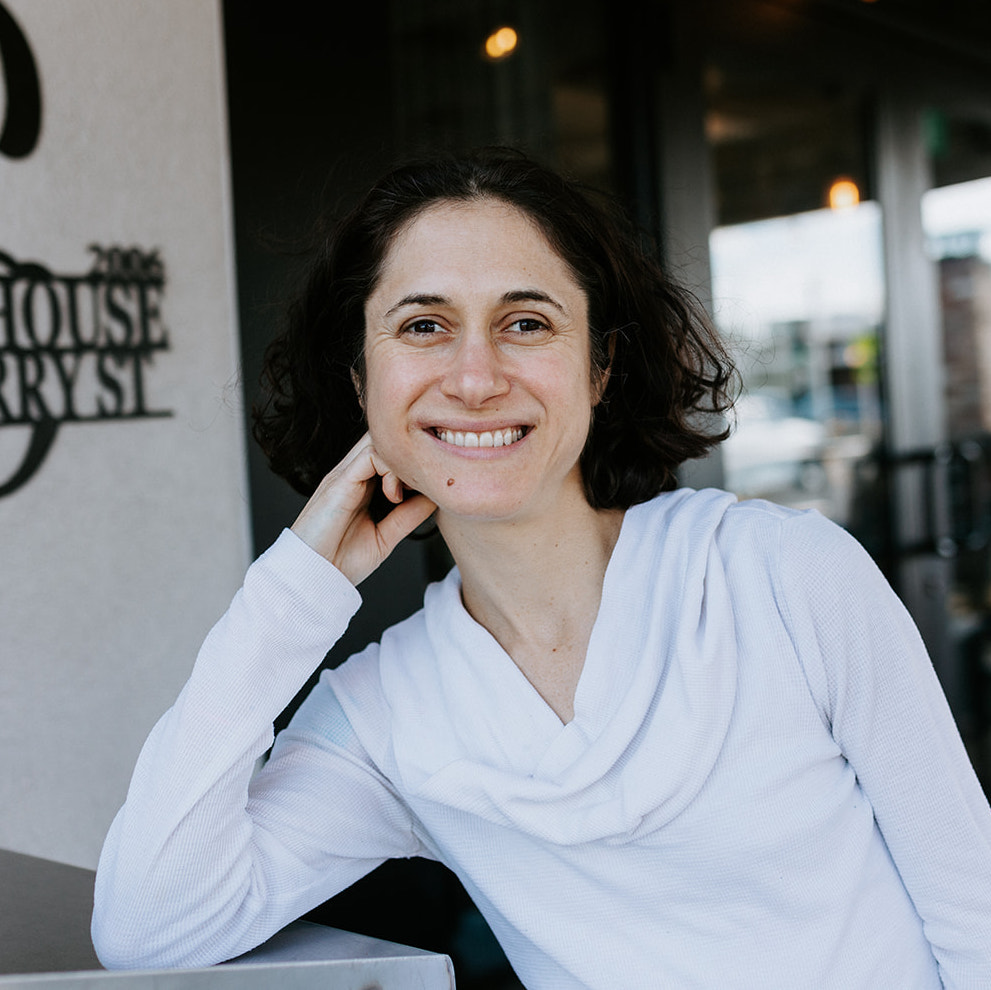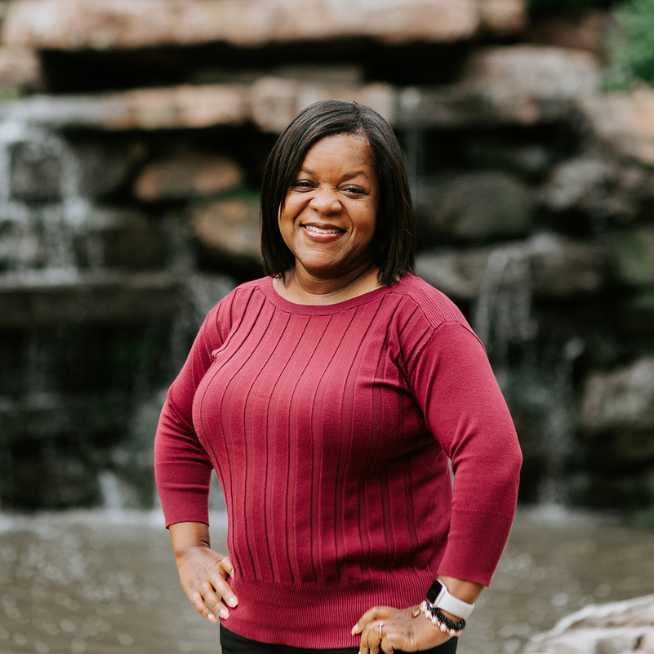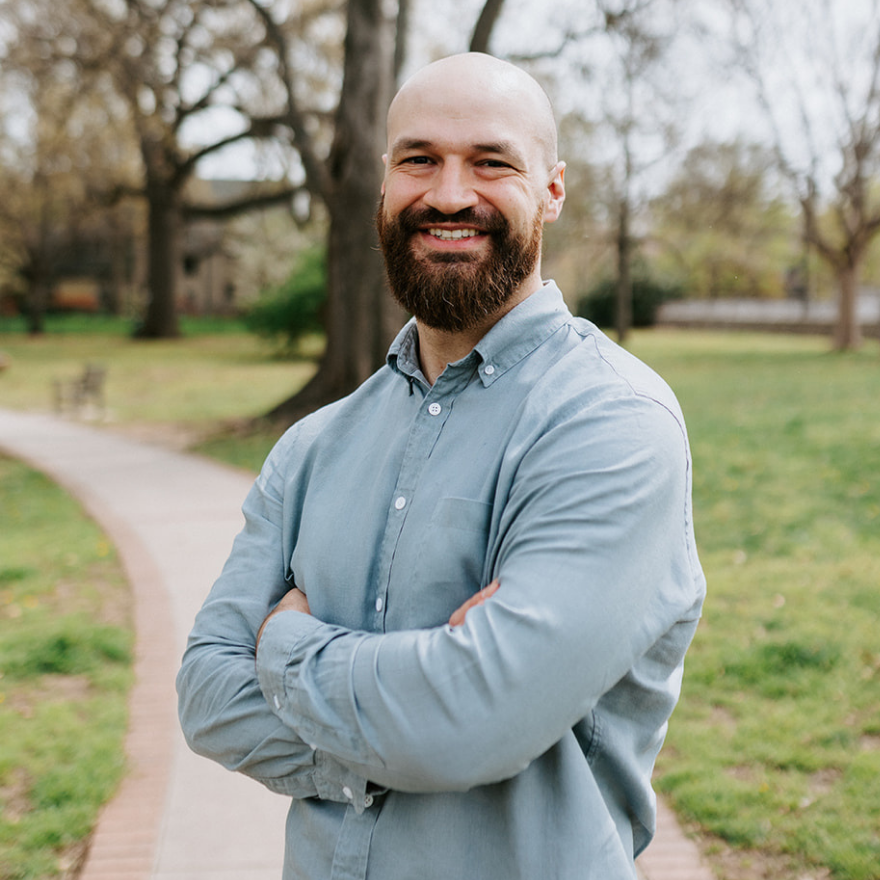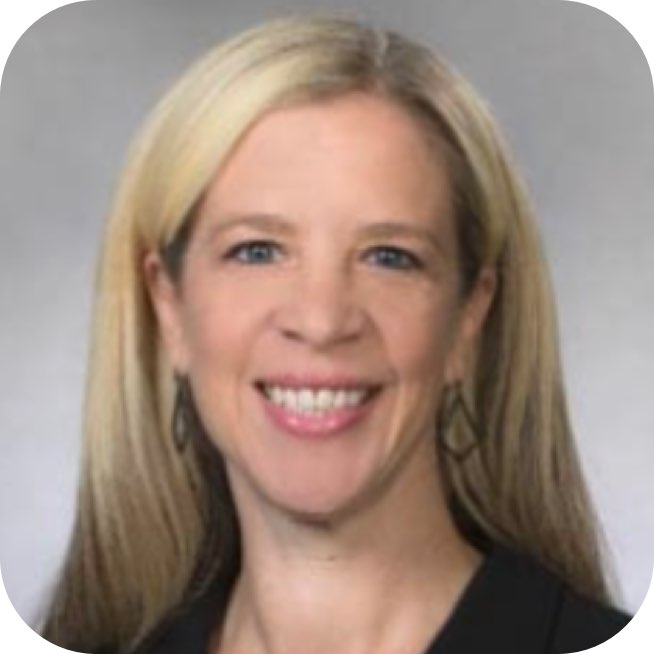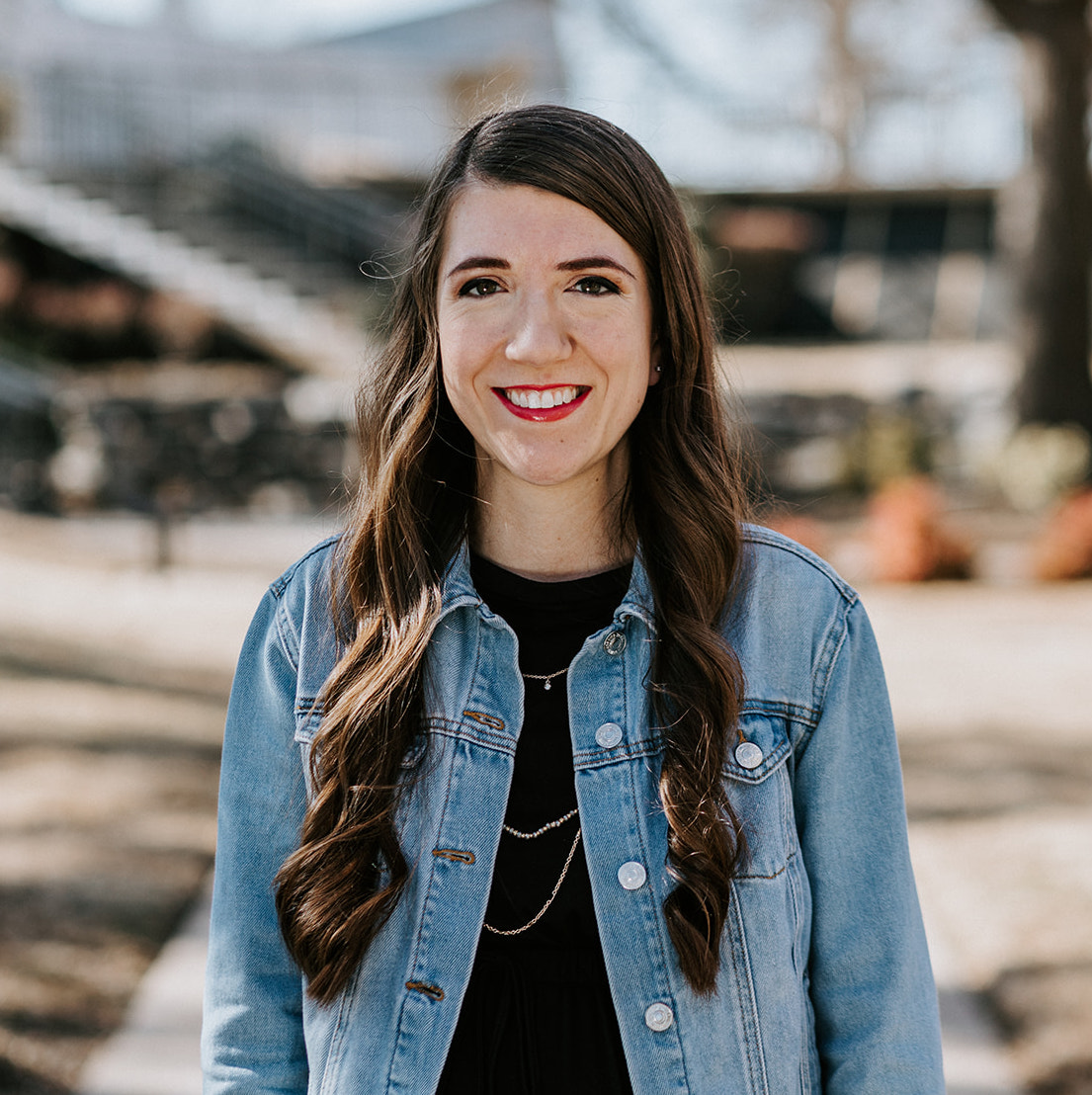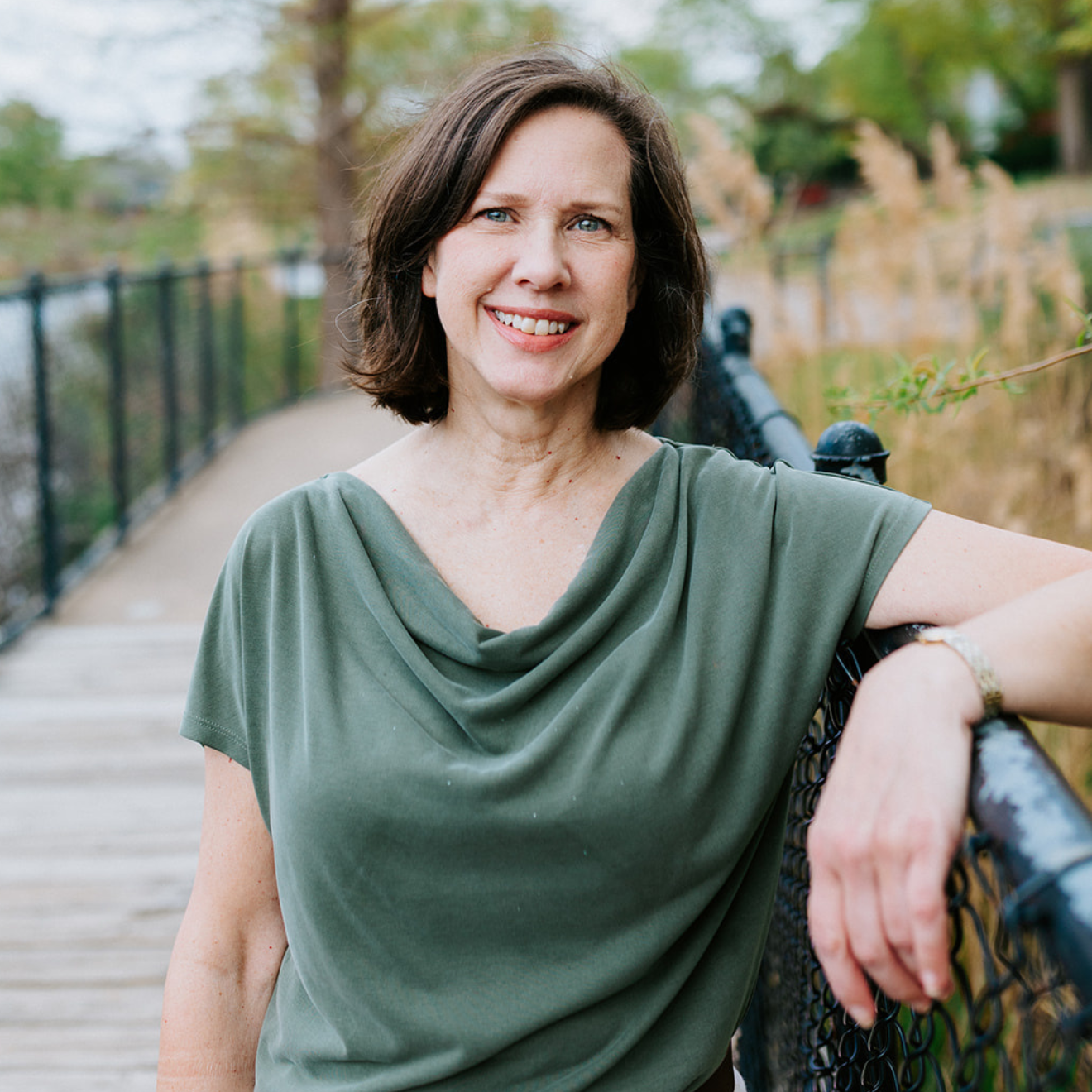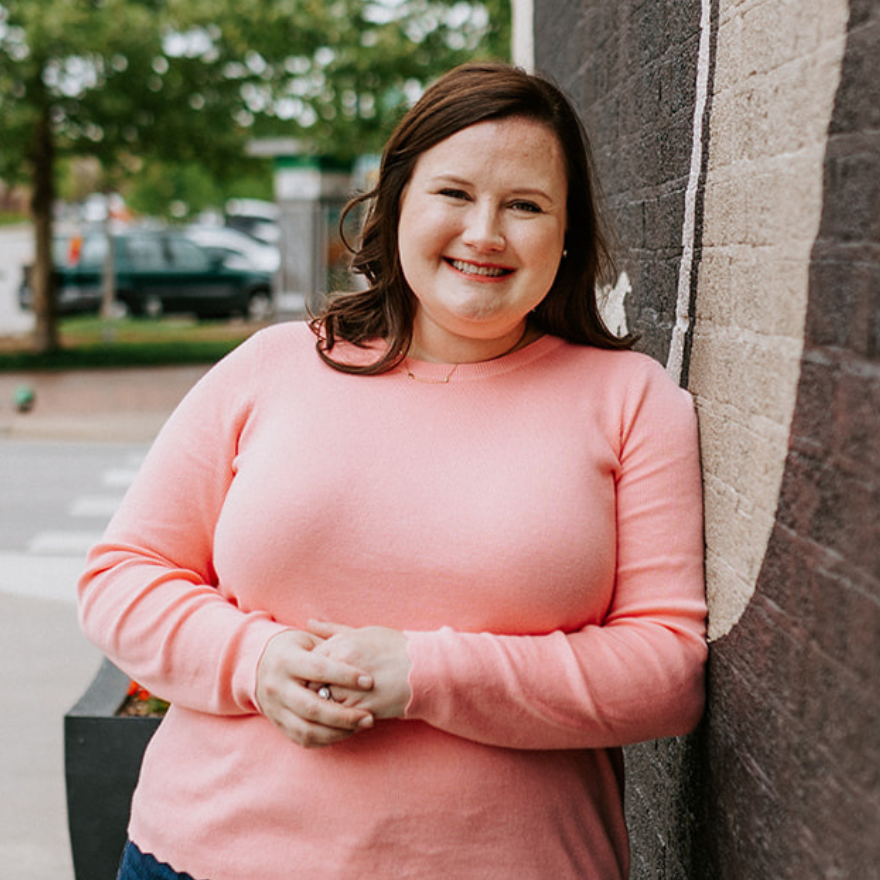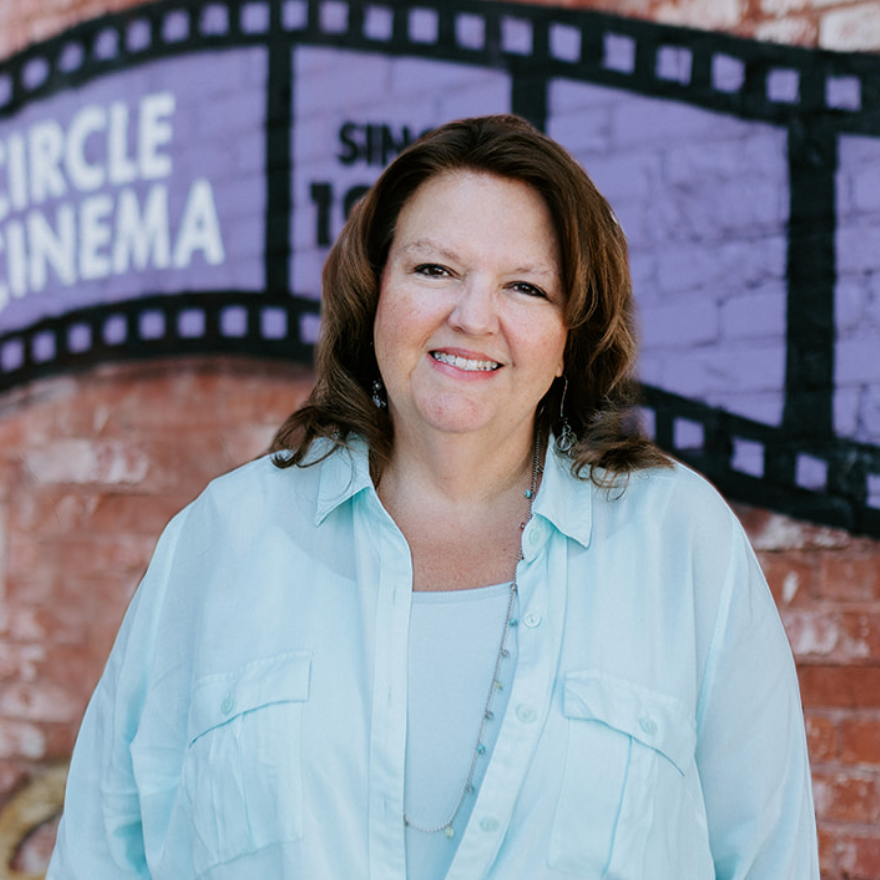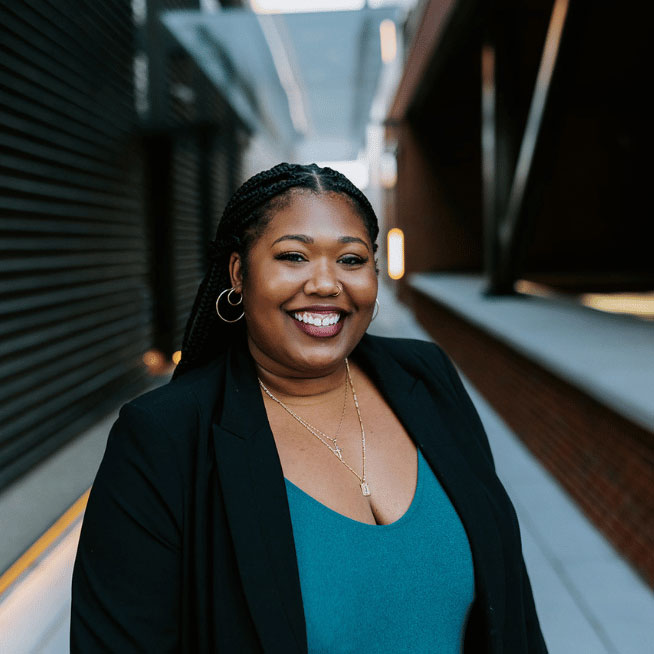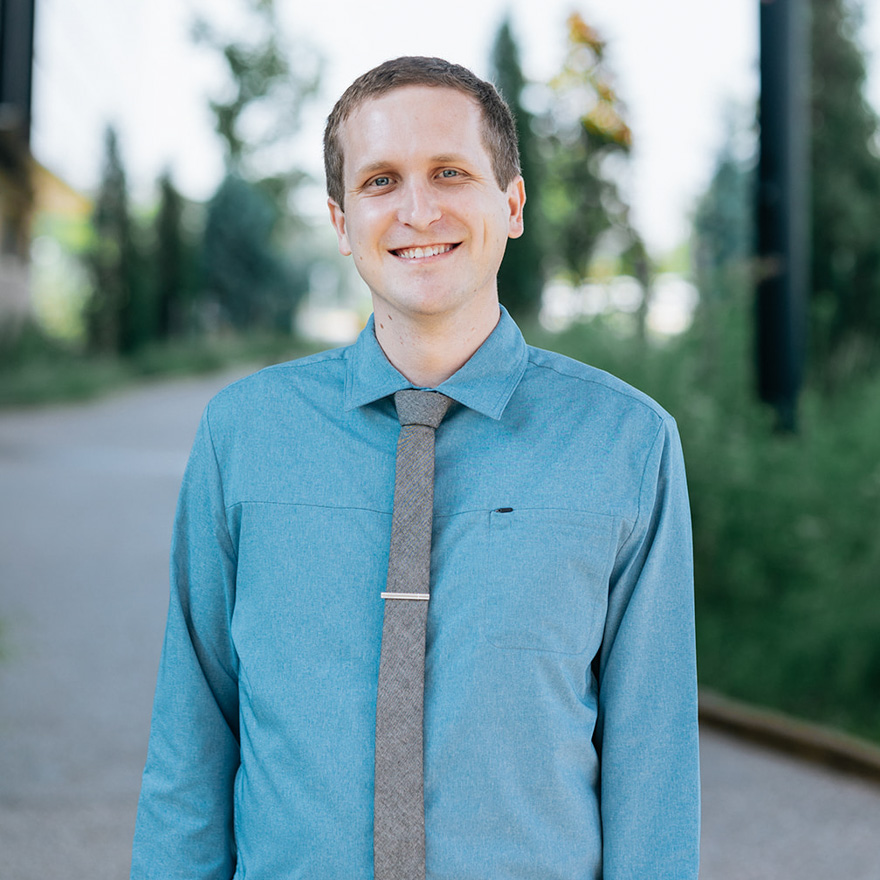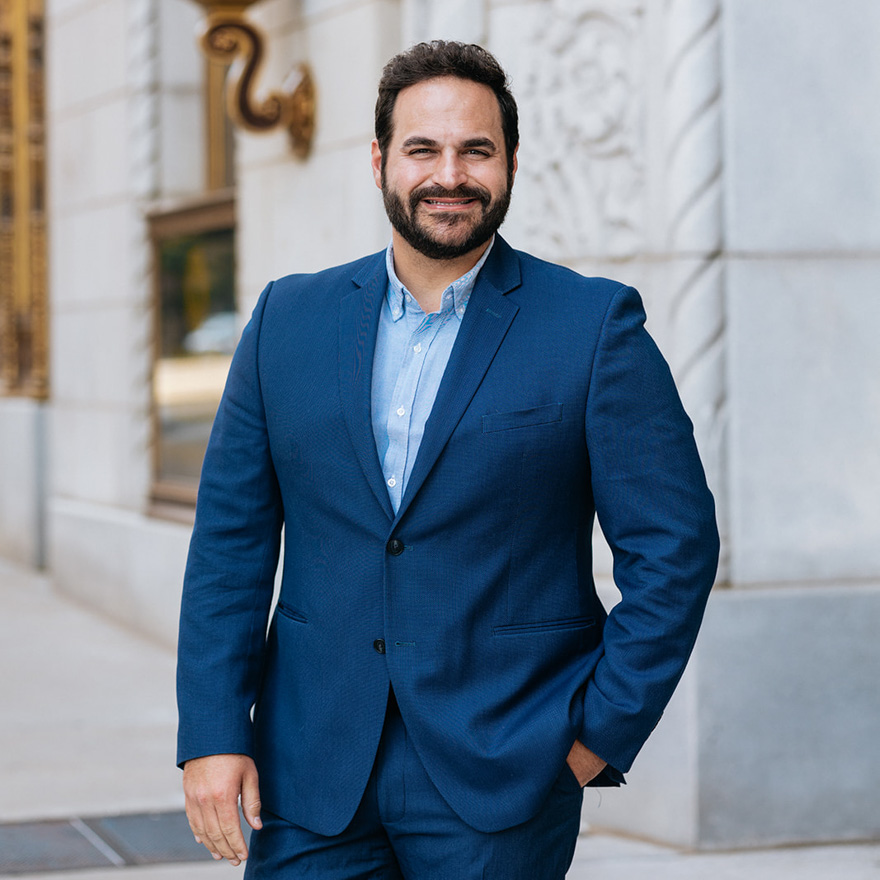At El Centro, an immigrant community center in east Tulsa, Tuesdays bustle with activity, as a steady stream of back-to-back, hour-long financial aid appointments breathe life into the center. Each person who walks through El Centro’s doors brings a unique story: a mother grappling with the aftermath of a house fire, a worker injured and uninsured and a father facing reduced work hours – all seeking a glimmer of hope.
With Maria Elena Kuykendall at the helm and the Promotora peer educators at its heart, El Centro has become a nurturing hub for immigrant families with young children, demonstrating the strength that lies in partnership, which weaves a tighter, more resilient support network for everyone within the BEST Partner Network and the Tulsa community.
80% of families served by El Centro’s Crisis Management Fund have children under the age of nine.
Community members in crisis come to El Centro seeking help with expenses like gas, electricity, groceries and rent. They usually hear about the Crisis Management Fund through word-of-mouth from a friend or family member who directs them to the phone number where they can set up an appointment: (918) 410-9805. They are subsequently connected with a range of internal resources – from financial support to their community closet. With a Tulsa Health Department (THD) Outreach representative often present during crisis fund appointments, immediate assistance is available for needs like updating SoonerCare (Oklahoma Medicaid) or applying for the Supplemental Nutrition Assistance Program (SNAP). When community members’ needs don’t match up with El Centro’s offerings, they are connected to other programs in town, many of which are also part of the BEST Partner Network, such as Family & Children’s Services, Tulsa Responds, Tulsa Public Schools, La Cosecha and others.
Community Impact in Action
Crisis Management Fund meetings are far from transactional; they’re designed to foster a sense of community. Maria Elena Kuykendall, Executive Director of El Centro, emphasizes the importance of personal connections over online forms. “It’s not an application, it’s a conversation,” she says, which creates an environment ripe for trust and relationship building. Once families feel comfortable enough to disclose their needs, El Centro can accurately map out their challenges, and steer them toward support programs that not only address immediate concerns, but also lay the groundwork for enduring stability.
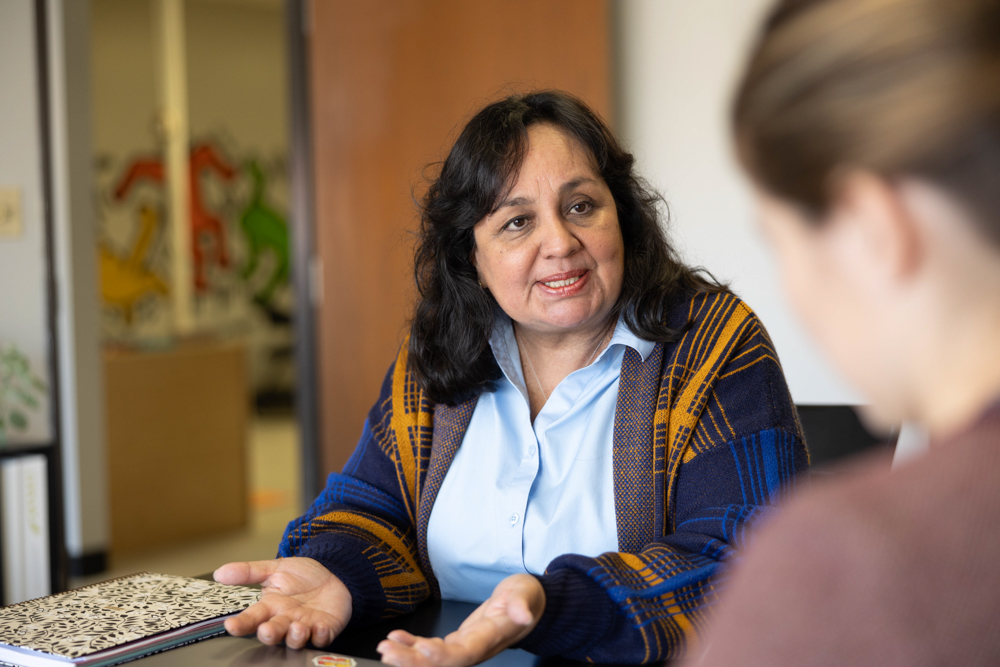
Maria Elena Kuykendall, Executive Director of El Centro, seated in her office
The story of a mother with two young children who lost their home in a fire, illustrates the critical role El Centro plays. The family was displaced shortly after paying rent for the month. El Centro’s team secured resources for the family through the Crisis Management Fund and referred them to an organization offering transitional housing for three to six months, helping them regain stability. Through El Centro’s collaborative efforts, the family now has safe housing and is receiving additional support for food, allowing the mother to look for work and save up money to move to a new apartment.
“In these situations, you need to prioritize the health and safety of the kids,” says Maria Elena Kuykendall, Executive Director of El Centro.
El Centro’s referral network also proved invaluable in a recent case, when an individual encountered an electrical bill of over $1,000. Confronted with an applicant who was behind on payments and under threat of electricity cutoff from their landlord, El Centro intervened with aid from the Crisis Management Fund to alleviate part of the bill. Then, they used their partnership with Tulsa Global District’s rental assistance program to refer the individual to more support.
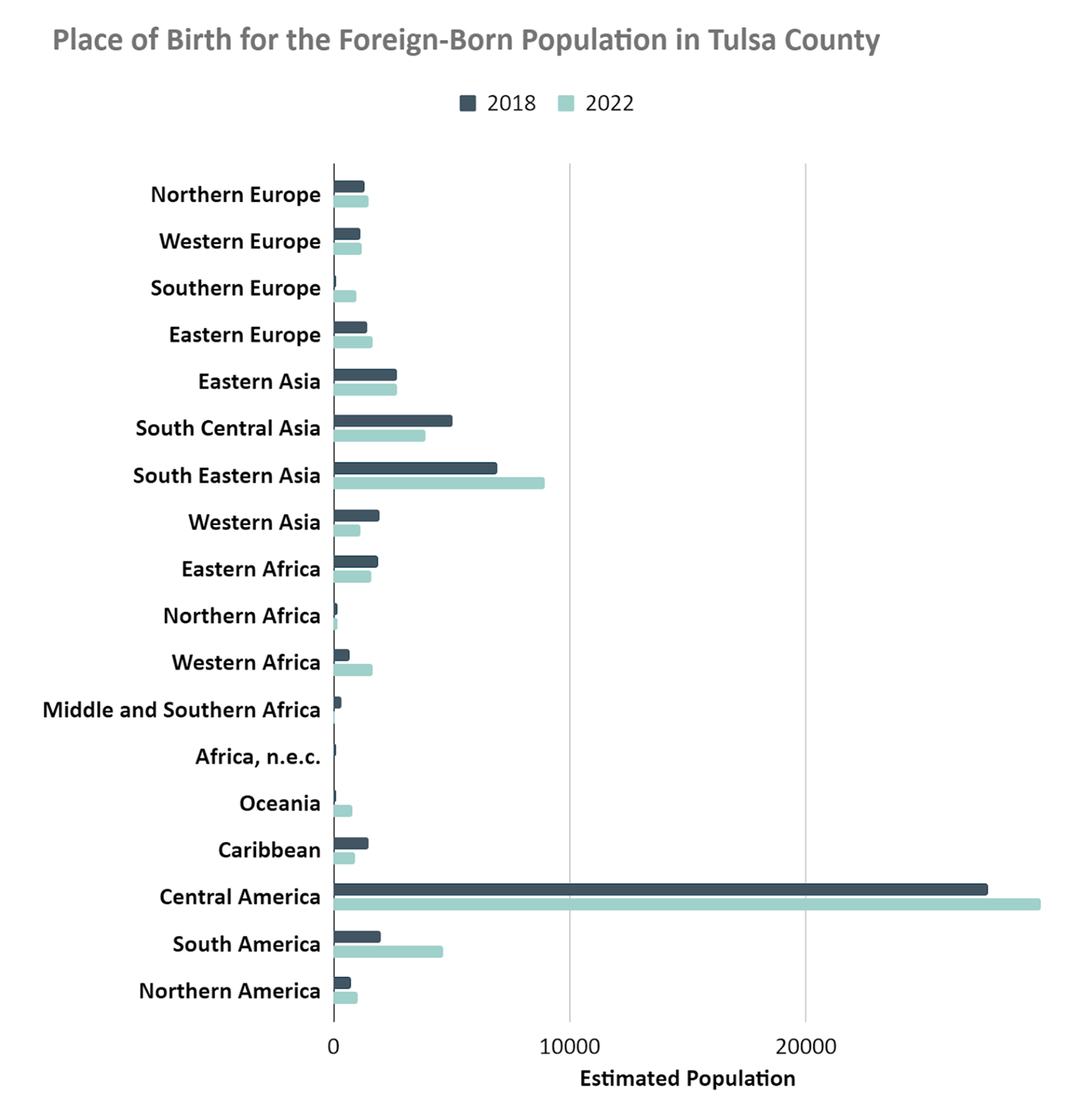
Source: US. Census Bureau. American Community Survey, 2018 and 2022.
Crisis Management Fund Eligibility
El Centro’s community consists mostly of immigrants from Venezuela, Mexico, Guatemala and Honduras, ranging from recent arrivals to those who have been here for years. Some have found their way to Oklahoma through Florida or California, driven by increases in the cost of living. However, being part of the Latinx diaspora is not a prerequisite for receiving support. Recently, a Palestinian man seeking asylum came to El Centro after hearing about the crisis fund from a Latinx friend. He received a grant, and was referred to free legal consultation (consultas legales gratuitas) through the Tulsa Immigrant Resource Network (TIRN) at the University of Tulsa College of Law Legal Clinic.
El Centro has been able to service most families they connect with, typically providing an average of about $200, with room to adjust based on the family’s needs. To maximize resource distribution and assist as many applicants as possible, each household may apply for funds once every six months.
Guiding with Empathy
During Crisis Management Fund meetings, El Centro’s team not only assesses applicants’ financial needs – they also introduce them to the wider ecosystem of available support, like their community closet and partnerships that are health, community and education focused. More than financial assistance, the team provides a listening ear.

Within El Centro is a community closet, a place where community members can come and take what they need at no cost.
Running these sessions are El Centro’s four Promotoras, dedicated health advocates and leaders with deep connections to their community. Leveraging their training, personal experiences and deep knowledge of child development and BEST programs, they empathetically guide new Tulsans, especially families with young children. Their expertise is enriched by participation in the Community Peer Educator (Promotora Comunitaria) program, now in its sixth cohort, a partnership between Comunidad de Esperanza and Tulsa Community College (TCC) Continuing Education. Blanca found her calling as a Promotora after struggling with challenges familiar to those she now aids, such as language barriers and a lack of accessible information. Now, she connects families with some of the resources she once sought.
El Centro’s team is skilled in handling sensitive situations, and they acknowledge the emotional intensity of these meetings. Kuykendall says usually their team ends Tuesdays thinking “oh my goodness, there are so many needs and so much trauma.” To ensure the team’s mental health and organizational sustainability, these meetings are limited to once a week. Additionally, team members are equipped with trauma-informed training and mental health support.
Learnings and Future Direction
Since the fund was established in 2021, some changes have been made in the name of structure, consistency and sustainability. In the early days, individuals would come in with a need, and often leave with money on the same day. In order to make sure their team has the capacity to provide in-depth consultations and support, nowadays same-day financial assistance is permissible only in exceptional circumstances, such as if a recent arrival is living on the street and has no way to come back.
El Centro also made changes after noticing some applicants were struggling to afford the transportation costs associated with attending appointments or picking up financial aid. Now, if transportation is a challenge, El Centro provides the applicant with a gas card or a rideshare coupon.
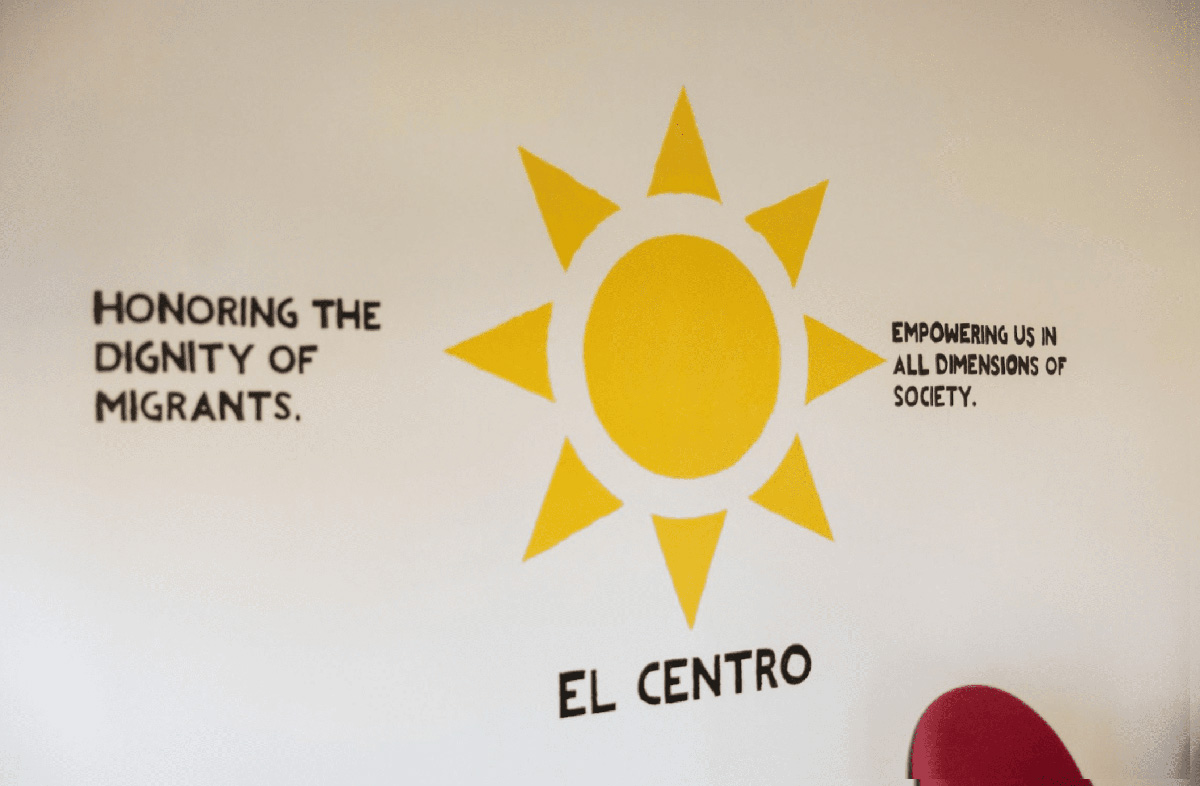
We empower us together. We don’t save anyone. We respect the power in each person,” said Maria Elena Kuykendall, echoing the words written on the entryway wall.
Looking ahead, El Centro hopes to continue expanding. They would like to better support Tulsa’s growing Burmese and Afghan communities. However in order to enhance their capabilities, they also anticipate needing a bigger physical space and a more linguistically diverse team who can help ensure that no one is left behind due to language barriers.
Mutual respect and collaboration are at the heart of El Centro’s mission. “We are here to collaborate with you, to support you, and figure out how we can do this together,” Kuykendall emphasizes, capturing the essence of their approach. It’s this spirit that elevates Tuesdays at El Centro into more than financial aid sessions; they become powerful forums for community building and shared resilience, a weekly testament to the transformative power of empathy and unity.
